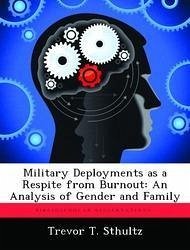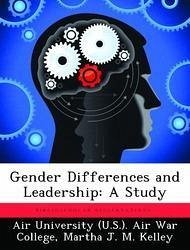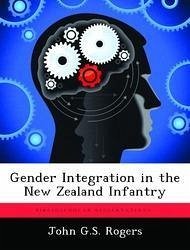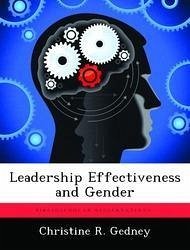
Military Deployments as a Respite from Burnout: An Analysis of Gender and Family
Versandkostenfrei!
Versandfertig in über 4 Wochen
53,99 €
inkl. MwSt.

PAYBACK Punkte
27 °P sammeln!
To explore the possible respite effects of deployments, active duty Air Force acquisition support personnel who were either scheduled to deploy (n = 74), or recently returned from deployment (n = 34) were surveyed. Analysis of variance compared the pre-deployment male's and female's perceived levels of burnout, emotional exhaustion, role ambiguity, role conflict, self-efficacy, organizational commitment, contingent rewards, operating conditions, co-worker satisfaction, and overall job satisfaction. The same analysis was conducted dividing the pre- and post-deployment groups by whether or not t...
To explore the possible respite effects of deployments, active duty Air Force acquisition support personnel who were either scheduled to deploy (n = 74), or recently returned from deployment (n = 34) were surveyed. Analysis of variance compared the pre-deployment male's and female's perceived levels of burnout, emotional exhaustion, role ambiguity, role conflict, self-efficacy, organizational commitment, contingent rewards, operating conditions, co-worker satisfaction, and overall job satisfaction. The same analysis was conducted dividing the pre- and post-deployment groups by whether or not they had children. Several statistically significance findings resulted. Specifically, post-deployment females reported lower scores for emotional exhaustion, role ambiguity, organizational commitment, and overall job satisfaction. Both pre- and post-deployment members with children reported lower levels of contingent rewards. Additionally, pre-deployment members with children reported higher levels of co-worker satisfaction, and lower levels of self-efficacy. Implications of the findings are discussed.














